Unions challenge parliament over 24-hour shops
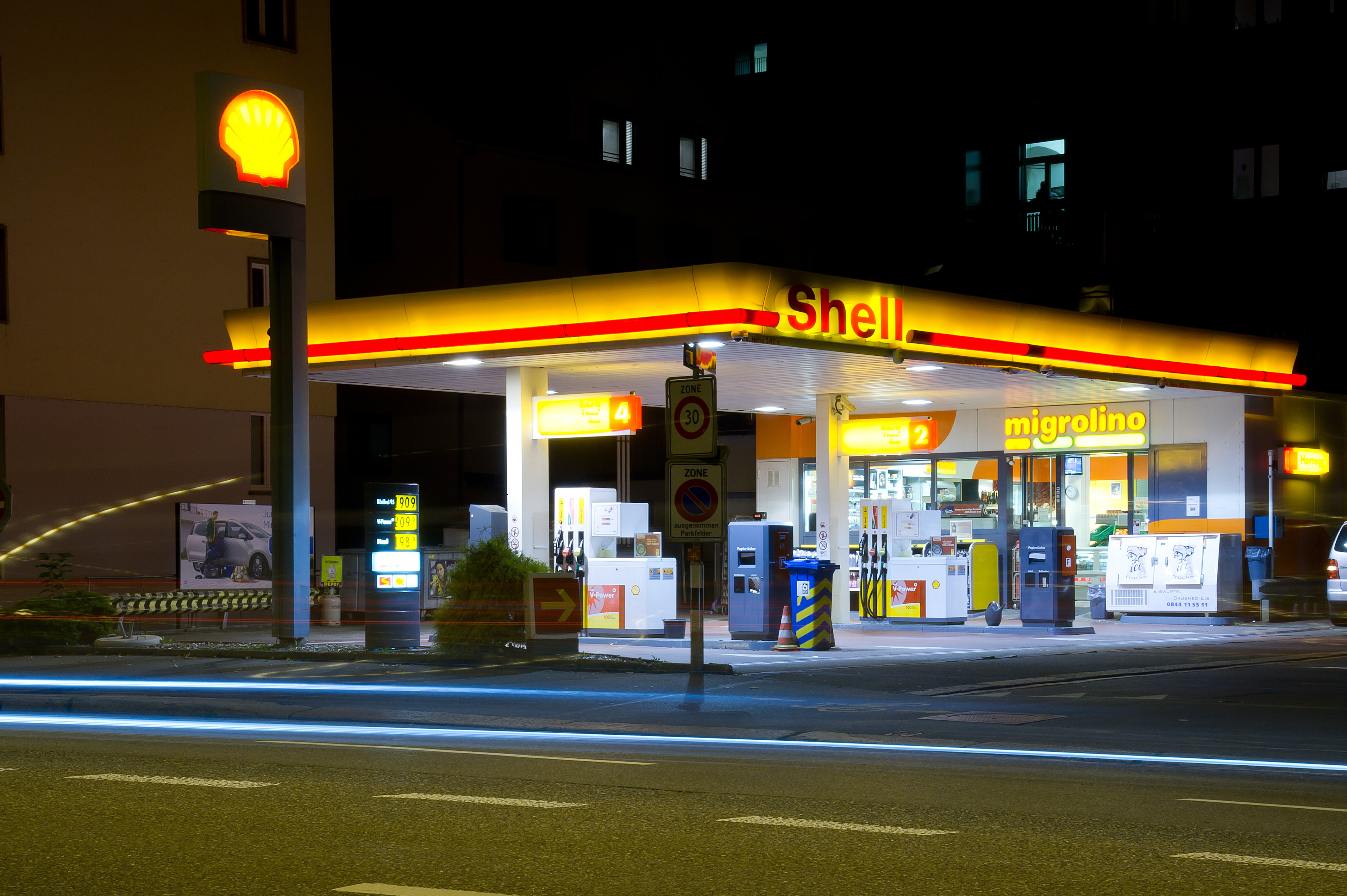
Switzerland is among the least consumer-friendly countries in Europe, as far as opening hours are concerned. Voters will have the final say in September on a small step towards liberalisation – allowing shops at some petrol stations to do business around the clock.
Under the current law shops can in principle be open from 6am to 11pm during weekdays with many local restrictions. Among the many exceptions are 24-hour petrol stations with an adjacent café and retail shop which serve customers seven days a week from 5am to 1am.
There are more than 1,330 such service stations across the country, but only 24 of them, mostly along the motorways or on busy main roads, do so. However, they are not allowed to sell certain products so must cover their shelves and freezer boxes in the early hours of the morning.
It is considered an outdated and absurd anomaly by most political parties, the government and parts of the business community.
“It is an absurd restriction,” says Martin Bäumle, parliamentarian for the centrist Liberal Greens. “Some products can be sold while others are locked away.”
Other supporters of the reform say there are too many bureaucratic hurdles for the retail trade.
Christian Lüscher of the centre-right Radical Party, the main sponsor of the proposed legal amendment, downplays concerns about undermining labour standards. (See also video below)
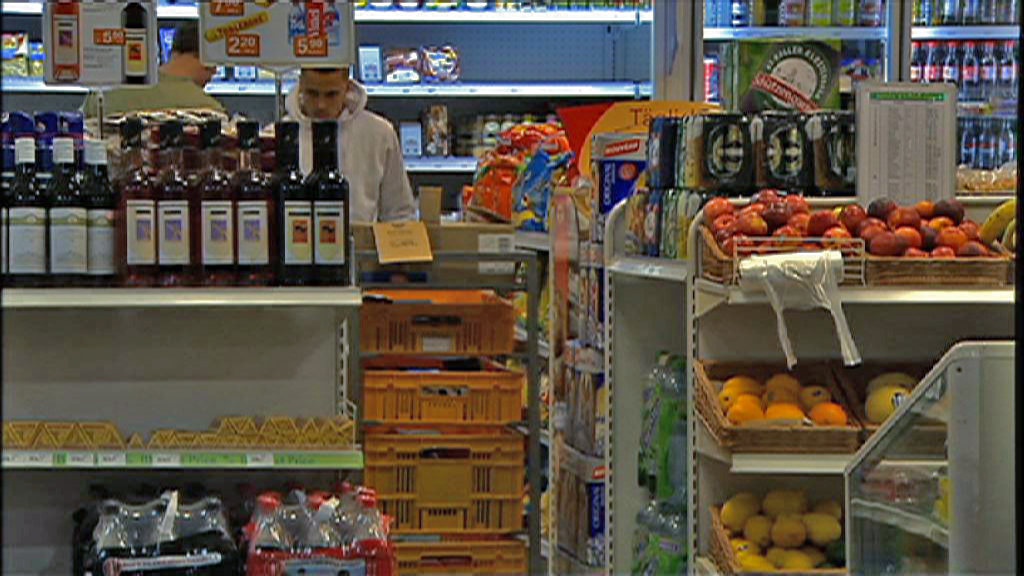
More
Voting on what to buy at night
Floodgates
But unrestricted shopping at the service stations at all hours is a no go – a matter of principle for a broad alliance of trade unions, leftwing parties and church groups that see this as a fight to protect labour rights.
“The reform opens the floodgates for the whole retail sector. If petrol station shops are allowed to sell the full range of products 24 hours a day, seven days a week, it will soon become the rule in the retail trade,” says Vania Alleva of the Unia trade union.
Kurt Regotz of the Syna trade union warns that notably female employees will have to bear the brunt.
“Many shop assistants suffer from difficult conditions with low salaries and on-call work,” he says.
He strongly doubted the need for late night shopping. “It is about as necessary as illuminating the Matterhorn at night,” he told a news conference.
Referring to other proposals for a further liberalisation of shop opening hours and Sunday shopping, the alliance fears the latest reform would be a “Trojan horse” for the retail sector, creating additional demands and putting economic benefits above the wellbeing of employees.
Green Party parliamentarian Daniel Vischer, a critic of consumerism, argues more 24-hour retailers would lead to more traffic, especially during night-time.
Consumers and red tape
During debates in parliament last year, Economics Minister Johann Schneider-Ammann explained why the government supported lifting the restrictions. He argued the reform was a step towards reducing the administrative hurdles for shops and would provide a service for consumers.
“The government certainly does not seek a 24-hour society. It is a proposal for a modest easing of rules,” he said.
“It’s not about extending work at night,“ he told parliament. Staff at petrol stations would simply no longer have to cover part of their products between 1am and 5am.
He added that the cantons – which have wide ranging autonomy on the issue – were free to set stricter rules on night work.
Historic achievement
Easing restrictions on shop hours has been a recurring topic at the ballot box in the recent past – be it at national, cantonal or local level.
While voters rejected all but a few proposals to relax regulations in individual cantons over the past few years, nationwide plans to allow Sunday shopping four times a year and to extend shopping hours at railway stations and airports won a majority at the ballot box.
For its part, the Swiss supreme court in 2010 upheld a ban on 24-hour shops at petrol stations.
Three separate proposals are still pending in parliament aimed at streamlining opening hours across the country and extending Sunday shopping beyond traditional tourist regions.
Another motion would see smaller shops of up to 120 square metres given the right to be kept open at night and on Sundays.
Introduced as part of the 1877 labour legislation, work-free Sundays were considered a major achievement for the trade unions. Ever since, they have warned even a partial relaxation would be slippery slope towards a seven-day working week.
The unions say they played a crucial role to counter the wave of deregulation that has engulfed Europe since the 1990s.
Three separate issues are put to a nationwide vote on September 22:
A proposal to end mandatory conscription and introduce a volunteer army, decisions by parliament to ease restrictions on service station shops and to introduce compulsory vaccination campaigns as part of an amended law on epidemics.
As a rule votes take place four times a year at a nationwide level.
Votes and elections take place in many of the country’s 26 cantons and at a local level on September 22.

In compliance with the JTI standards
More: SWI swissinfo.ch certified by the Journalism Trust Initiative

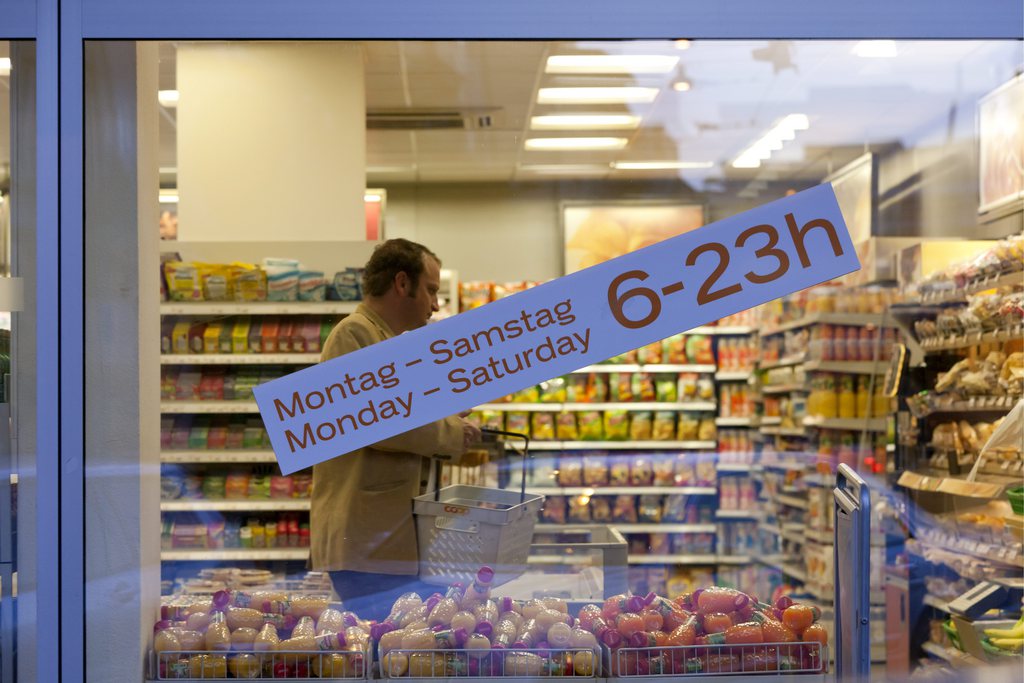
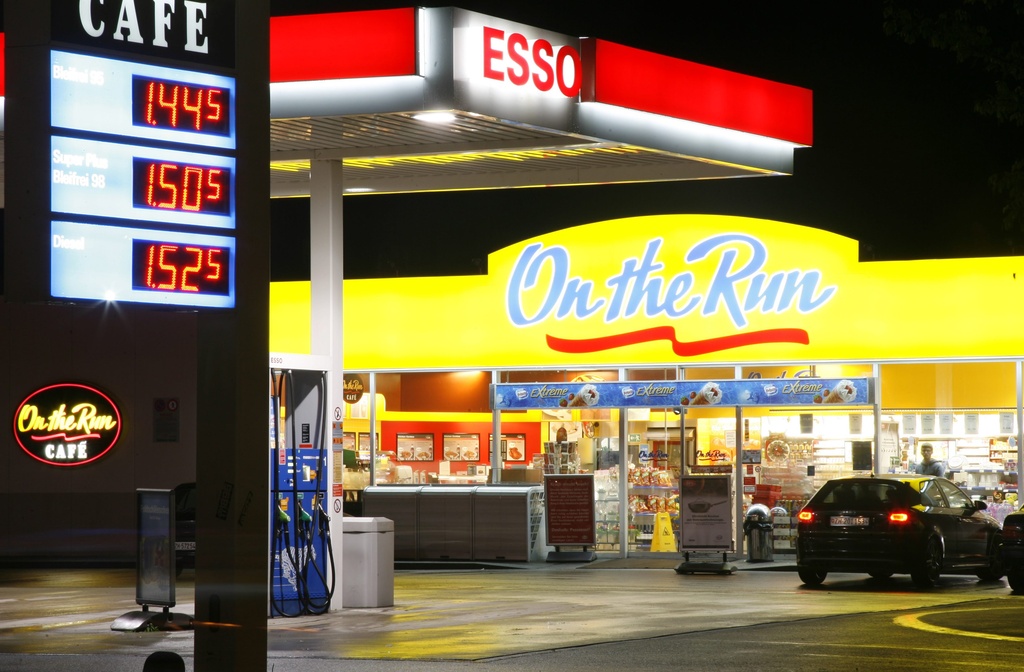
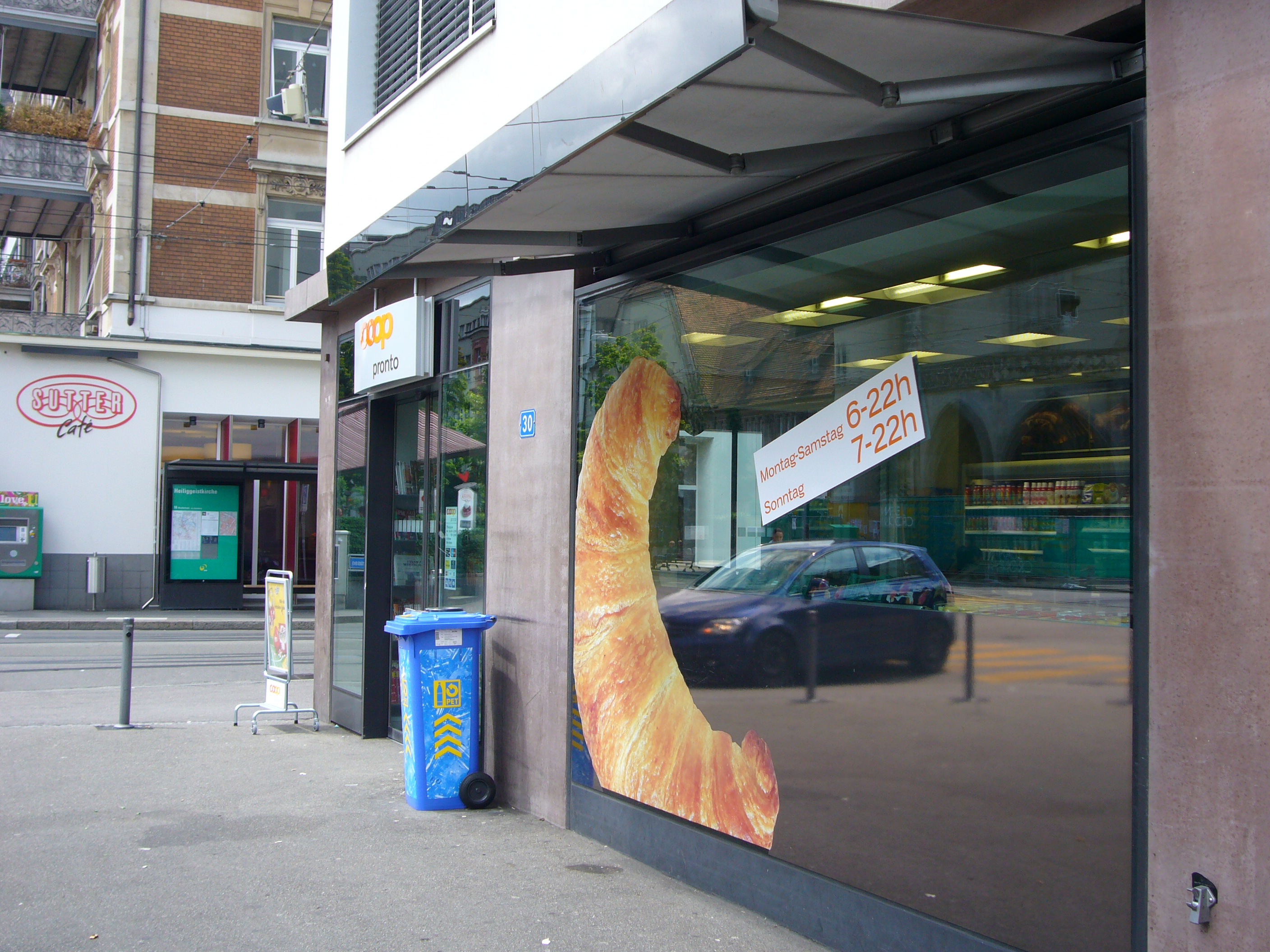

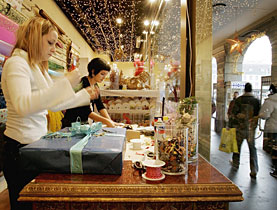
You can find an overview of ongoing debates with our journalists here . Please join us!
If you want to start a conversation about a topic raised in this article or want to report factual errors, email us at english@swissinfo.ch.